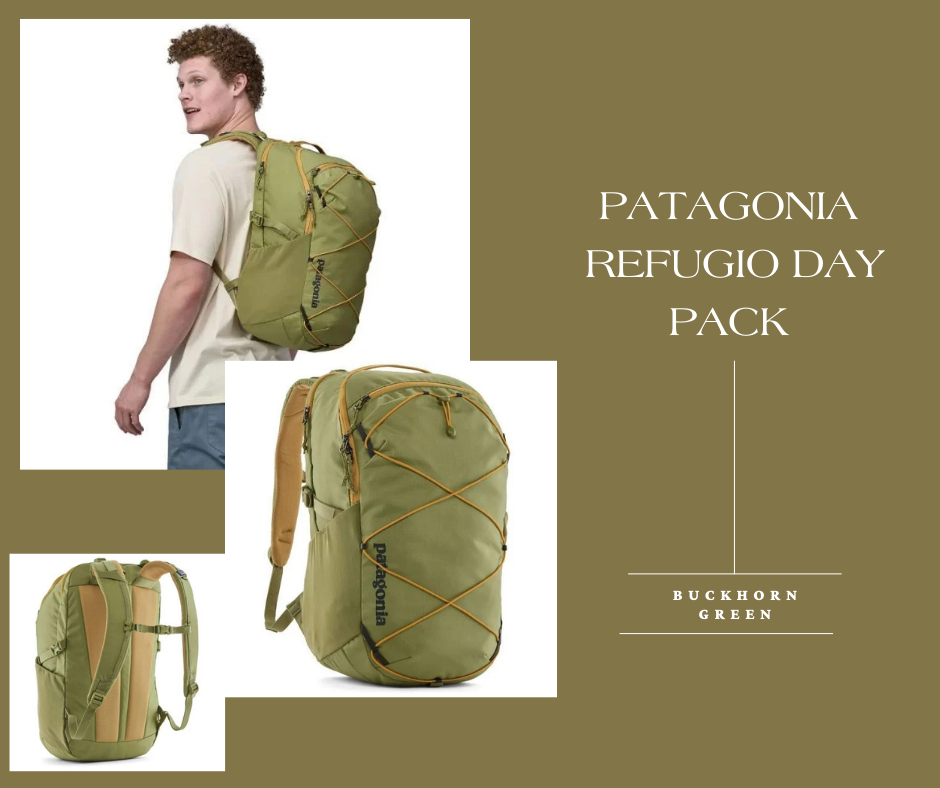Essentials for your winter hike
Are you planning a winter hike over the festive period? Cold weather doesn’t mean that you need to abandon the trails! The great outdoors is a great way to boost your mood and improves mental health too. There is something magical about taking a hike on a fresh crisp winter’s day. So, hiking just might help you combat the winter blues if you get cabin fever.
Your winter hike will require a little more preparation than packing for a summer hike. Wearing the correct clothing can ensure your winter hike is just as enjoyable if not better than your summer hikes.

Lockdown has brought more people out to explore our beautiful country, however, when you're a brand new hiker, knowing what gear to buy for a winter hike can be overwhelming.
The Layering System
The key to a winter hike is layering, Staying warm and dry while hiking in the winter is important not only for your comfort but also to keep you safe from more serious issues like hypothermia. Your body generates a lot of the heat while you are activate to keep you warm, so layering is important as you want to lower the amount you sweat.

Base Layer
The base layer or skin-to-skin layer is very important. This layer absorbs up any sweat and base layers should be made of synthetic materials to ensure fast drying. Avoid cotton as this material absorbs sweat and stays wet, drawing heat away from the body. Merino wool is the best, the fibers wick-away moisture while keeping you nice and warm.
Mid Layer
This mid-layer is your insulating layer which is worn over the base layer and is used to trap the warmth your body generates. If you get hot, shed a layer before you get too sweaty.
Outer Layer
The shell or outer layer is to block the wind and keep you warm. A lightweight, insulated jacket will be suitable for your winter hike.
Waterproof Layer
A waterproof layer isn't always needed but is good to have in your backpack just in case the weather turns. Waterproof layers are not a breathable fabric as their main purpose is to keep out the wind and rain. Waterproof jackets with pit zips are best, these allow ventilation when you start to feel too warm.
Winter Hike Accessories
The winter days have a very limited amount of daylight, take a head torch with you to ensure you can see your way if you start to lose daylight.
When the snow is high gaiters come in handy and prevent the snow from reaching your socks and boots.
Cover up as much exposed skin as possible to avoid frostbite. Try buff's neckwarmers to give extra warmth and help cover parts of the face.
Share your Winter Hike with us!
Tag us in any photos you have on our Facebook and Instagram pages.



